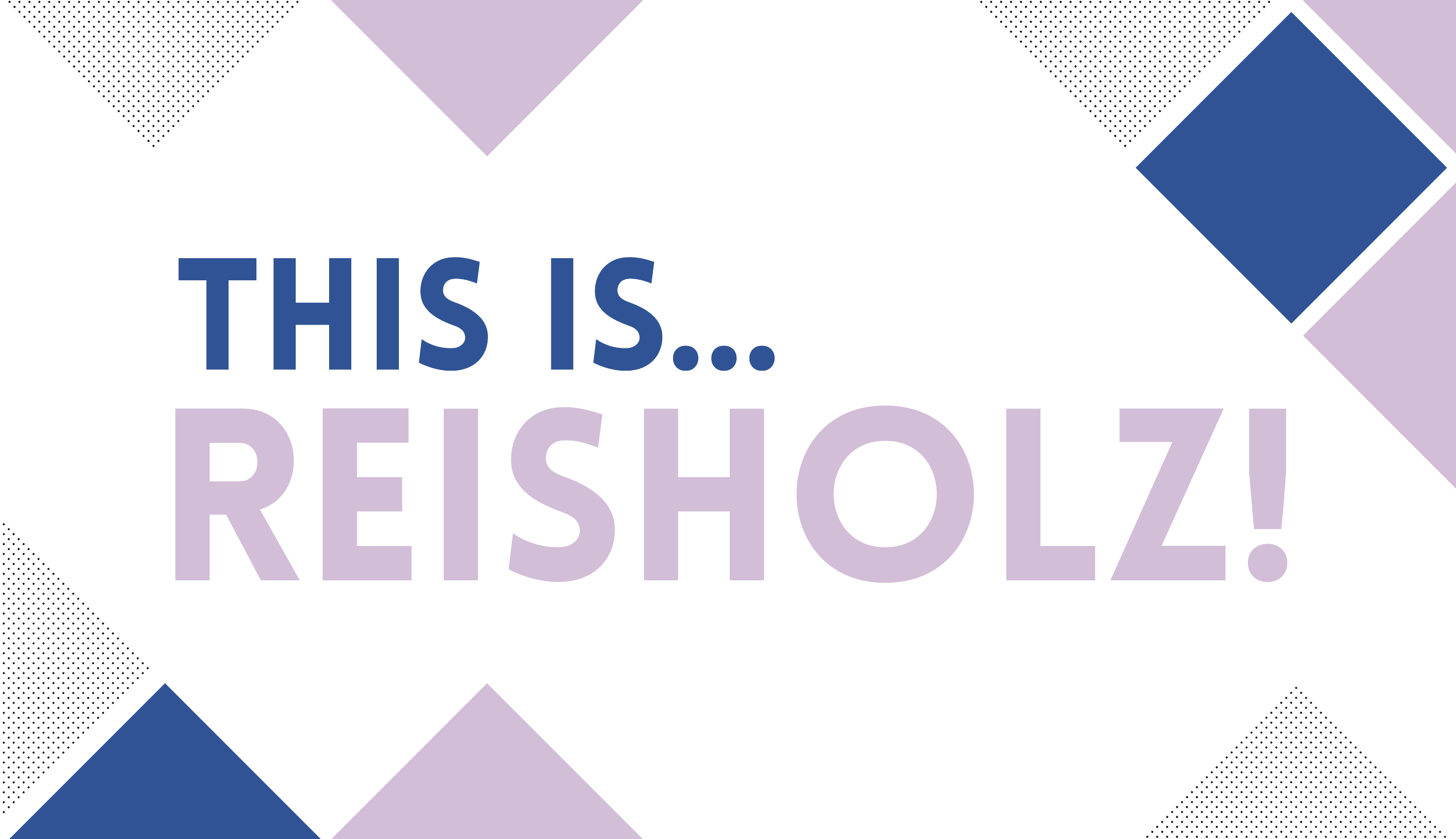GREENTECH INNOVATION
Issue 03/2025
Greentech is an important driver of transformation for the industrial state of NRW. Düsseldorf, with its outstanding international infrastructure, can representatively bundle and orchestrate the huge potential of the region - and also network it worldwide.
In the construction industry, sustainability issues form an integral part of the entire value chain. But how important is greentech in this context? VIVID took a look at companies and projects based in Düsseldorf that are implementing green technology in real estate.
With a diverse portfolio of trade fairs and congresses, Düsseldorf greentech offers a strong stage for interdisciplinary dialogue. Whether it's the circular economy, decarbonisation or digital resource efficiency - the city's B2B platforms are the place to discover innovations that are really driving the transition to a more sustainable industry. Here is an overview.
While the whole of Germany is complaining about a shortage of skilled labour, more and more highly qualified international professionals are settling in Düsseldorf. The Expat Service Desk helps them get started in the state capital.
The aviation industry is on course. After difficult years, global passenger and flight numbers are almost back to pre-pandemic levels. Good for the industry, bad for the environment: CO2 emissions in aviation are still high. Politicians, researchers and airlines are called upon to develop innovations and measures that make flying more sustainable. Airports also have a role to play - such as DUS Airport with its Masterplan 2045.
A greener future requires innovative solutions, as well as the companies that develop them. Many of these solutions originate from Asia. For these companies, GreenTech has long been a global business model and recipe for success. To strengthen their presence in Germany further, Düsseldorf is becoming more and more the location of choice. Just like for Toshiba and EcoFlow.
20 per cent of green startups in Germany are based in North Rhine-Westphalia! This is a remarkable finding of the 'Green Startup Monitor 2024', a study published by the German Startups Association (Bundesverband Deutsche Startups e.V.) in collaboration with the Borderstep Institute for Innovation and Sustainability. This puts North Rhine-Westphalia ahead of Berlin (17 per cent), Bavaria (12 per cent), and Baden-Württemberg (11 per cent). It is also interesting to note that women are more likely to be part of the founding team of green startups than of non-green startups (24 per cent versus 17 per cent). Another striking finding is that greentech startups collaborate more closely with universities and research institutions, who support them more frequently during the startup phase. According to the study, one of the biggest challenges remains, hardly surprisingly: financing. Düsseldorf, which has been the GreenTech Hub of the nationwide Digital Hub Initiative for a number of months now, offers founders a particularly attractive ecosystem for growth. Three startups, two of which are in the greentech sector, can confirm this: curtains up for ESG-X, Qualimero and Co-reactive!
He can see 'his' hotel from his living room — it's right across the street. There's no need for him to dress up in a suit and tie: at the 25hours Hotel Das Tour, things are done differently. Jeans, a casual jacket, T-shirt and trainers – this is how Timo Schmitz stands at his standing desk, walks through the hotel and acts as a DEHOGA North Rhine-Westphalia board member and Düsseldorf hotel industry spokesperson. Timo Schmitz likes things unconventional. This is one of the reasons why he took on the role of general manager: to turn the hotel, which opened in Düsseldorf during the 2018 Tour de France, into a favourite place for tourists and a living room for Düsseldorf residents.
After a career spanning over two decades at a major international bank, Johanna Tjaden-Schulte moved to NRW. BANK in October 2024. As a member of the managing board of the development bank, she now wants to advance further innovation and transformation in NRW. She talks with VIVID publisher Rainer Kunst about her specific plans, the green transformation as a huge opportunity for NRW and work-life balance as a top executive.
Tatjana Kimmel has called Düsseldorf home for 25 years and lives here with her husband and two daughters. Born in Koblenz, she studied art history, politics and sociology before embarking on a career in journalism, primarily covering political topics for publications such as SWR, Die Zeit and Welt am Sonntag. Subsequently, she redirected her professional focus towards her profound passion for art and culture. Since summer 2021, Tatjana Kimmel has been the managing director of the F.rderverein Freunde Museum Kunstpalast (Friends of the Kunstpalast museum association). During her tenure, the association has grown from around 1,000 to over 6,000 members, including many young people.
Greentech will play an even greater role in Germany in the future. VIVID spoke to Prof. Dr Mario Adam, Head of the ZIES Centre for Innovative Energy Systems at Düsseldorf University of Applied Sciences, about the situation in the building sector in particular and how the heating and energy transition can succeed.
Located around seven kilometres south-east of Düsseldorf city centre, Reisholz is a district with industrial DNA. Along with its neighbouring districts of Holthausen (home to Reisholz harbour and the Henkel headquarters) and Benrath, it shares the large industrial area in the south of Düsseldorf. At the same time, this relatively small district is changing: where the Vallourec Germany press works once dominated the townscape, numerous international logistics companies now stand alongside former factory housing. Nestled between factory sites, business parks and retail markets, the district is reinventing itself while remaining true to its history. This neighbourhood, where people live and work, is typical of Reisholz and is bypassed by heavy traffic. The district centre is Henkelstraße, which has shops for everyday needs. Culturally, there is also a lot going on: concerts, readings and courses are held in the Bürgerhaus, a former cinema. The district's silhouette is changing slowly but steadily. Reisholz is small, colourful – and has plenty of room for new things.












